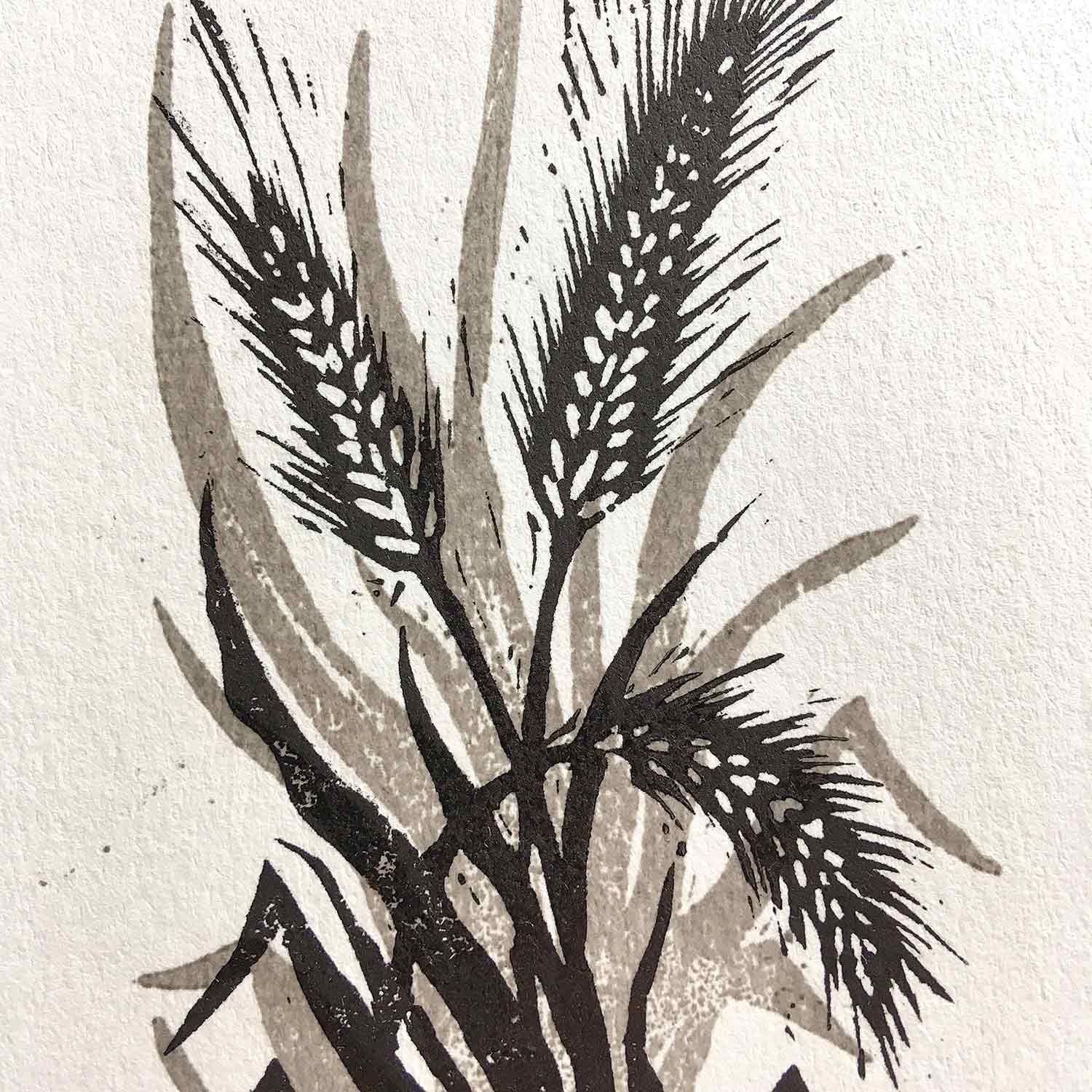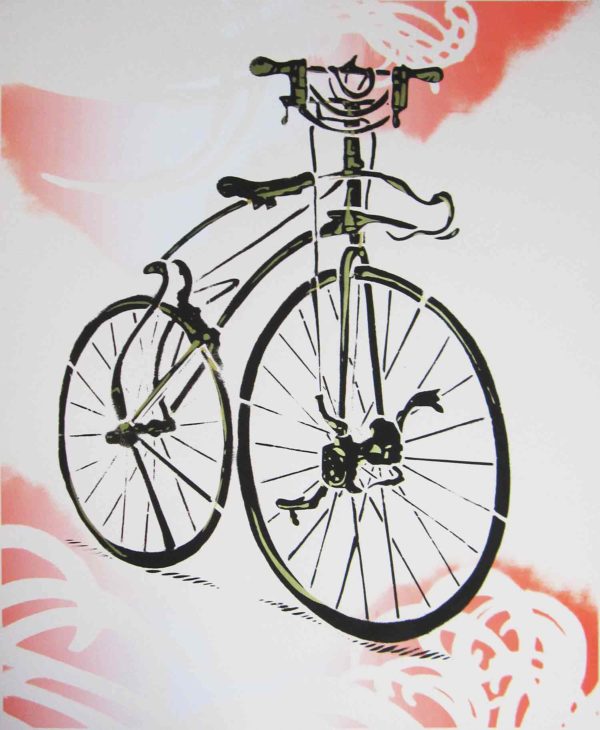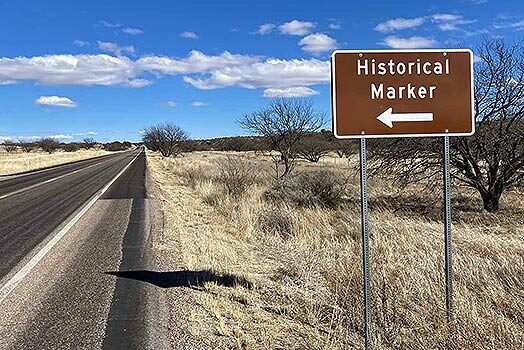A portrait of the humble, steadfast rye plant. Back in 1790, Federalists like Alexander Hamilton thought nobody would mind a luxury tax on whiskey. But they were also out of touch with the intricate and adaptive "makeshift" economies of rural Appalachian settlers and their ecological base, and things got ugly quick.
As a people's historian who also spends a lot of time thinking about and watching plants, I like to consider the indifference of the tough cereal grass at the heart of this early mess of colonialist intentions and priorities.
Archaeological evidence for a domesticated cultivar of Secale cereale links it to Anatolia and Iran, where its wild relatives can still be found. By the Bronze Age, it had arrived in what is now Poland and the Czech Republic. It showed up on the frontiers of the Roman Empire, along the Rhine and the Danube, but rye was never given much respect. It seems to have been more of a tolerated weed than a major food crop. (...) Settlers embraced it for the way it thrives in environments too cold, dry, acidic, sandy, or worn our for wheat. It can be planted late in the season and at higher altitudes. As a winter cover crop, it returns nitrogen to the soil when it is folded under in the spring. It requires less time and attention than wheat or corn and doesn't attract the same plethora of diseases. Rye survives in the crevices of the agrarian world, which made it ideal for the southern (Appalachian) mountains.
Highlanders in Pennsylvania did more than just plant rye. They conducted it. They put it down for pasture, threw it to pigs as feed, and ate it themselves as porridge. (...) And just about everyone turned it into something else entirely. (...) Converted into spirits, rye became nonperishable, densely valuable, and transportable.
- Stephen Stoll, Ramp Hollow (Hill & Wang, 2017)
[caption id="attachment_87148" align="aligncenter" width="1500"] block on the left is the black layer, block on the right is the gray layer (printed first)[/caption]
block on the left is the black layer, block on the right is the gray layer (printed first)[/caption]









